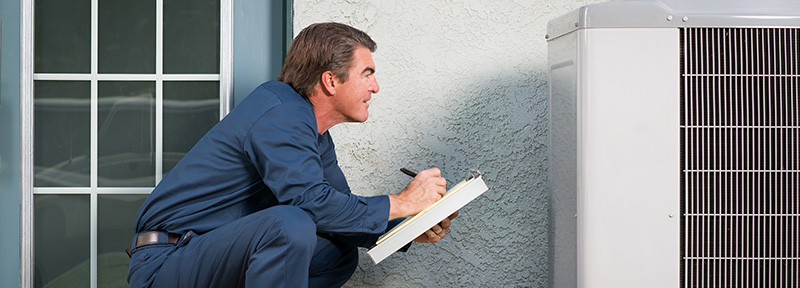
One of the most common questions we are asked is, “As a homeowner, what should I know before purchasing my next central air conditioner?”. Understanding the system efficiency ratings can help you make the most informed decision for this major purchase.
Quite simply, more efficient equipment uses less energy to perform the same amount of cooling, but these systems also typically cost more to purchase. However, your air conditioner is usually the most energy-using appliance in the home, so a more efficient system could save you more in utility cost savings than the added upfront purchase cost for the AC system. In addition, using less power and energy is better for the environment because less coal/natural gas is used in electric production and it reduces greenhouse gas emissions. New regulations will require AC systems to be more efficient beginning January 1, 2023.
Who sets the new standards and why?
Before we jump into the changes that will happen, it is crucial to know why these revisions take place. The U.S. Department of Energy (DOE) has the authority to set and revise new minimum energy standards for certain equipment, including central air conditioners, if there are improved technologies available that save energy and are cost-effective (EIA). Equipment is evaluated every six years. The last efficiency increase for air conditioners took effect in 2015. The DOE lists several consumer benefits with the most significant being a large reduction in energy bill spending. Since 1990 air conditioners have reduced energy usage by approximately 50%. (DOE)
How is efficiency measured?
Efficiency for air conditioning is measured by SEER. SEER stands for Seasonal Energy Efficiency Ratio. It is the ratio of the cooling output during an annual cooling season divided by the total electrical energy used. As a result, a higher SEER rating means lower electrical usage for the same amount of cooling.
What does this mean for me, do I need to upgrade my existing air conditioner?
If you are a homeowner, there is no need to panic. You can continue to use your existing AC unit if it is still functional and already installed. The new regulations and requirements only apply to new AC units that are purchased after 2023.
What should I ask my contractor in 2023?
When installing new units, make sure to work with a licensed contractor and ask what efficiency level they recommend for your region and desired comfort level. Higher SEER products often have additional benefits like tighter temperature control, better dehumidification, and more features in addition to energy savings. It is also recommended to clarify what is included in the quote for replacement, as installed performance is affected by several other factors external to the equipment design. Some conditions that could negatively impact HVAC performance include:
- Improperly matched systems (mismatch in indoor coil, outdoor condensing unit, etc.)
- Improper system installation
- Dirty coils
- Thermostat or control system location or settings
- Undersized or leaking ductwork
- Inadequate level of insulation and non-insulated construction methods
- Leaking or drafty windows and doors
- Dirty or improperly installed air filters
The next time you look to purchase a new air conditioner, consider using the ACCA Residential Quality HVAC Installation Checklist to make sure you are receiving the performance benefits you paid for.
Read Next: Replacing Your Central Air Conditioner?


